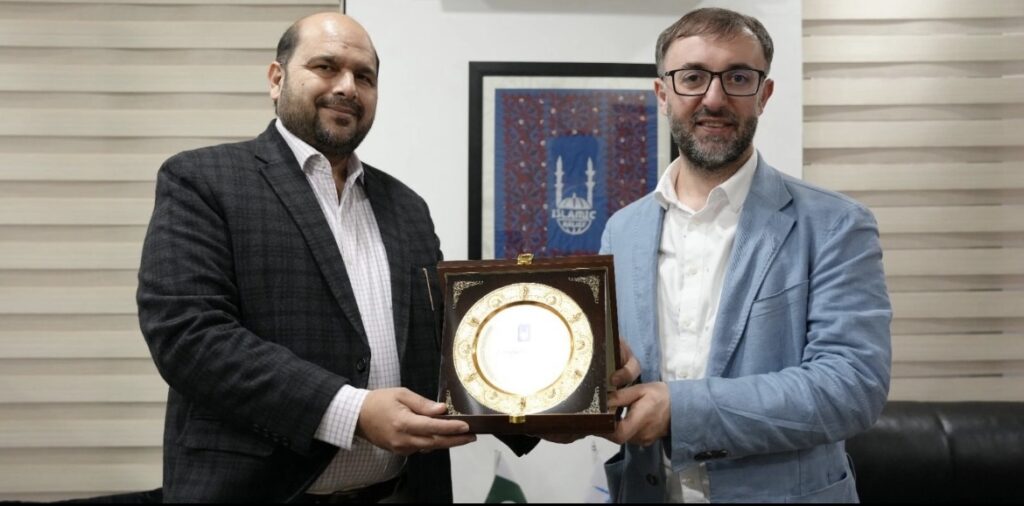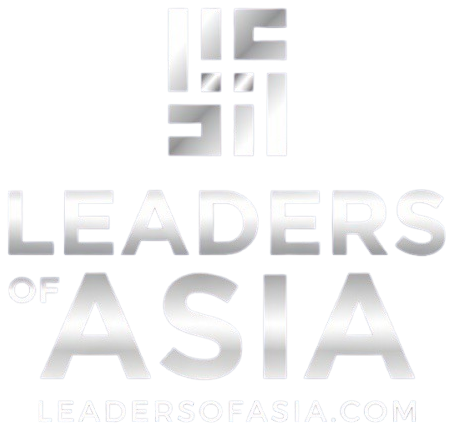Asif Sherazi: A Champion of Humanitarian Action and Localization
Asif Sherazi has emerged as one of the most dynamic and respected figures in the global humanitarian landscape. With a career spanning top leadership roles across some of the world’s most prominent humanitarian organizations—including Islamic Relief Worldwide, Oxfam, Muslim Aid, ActionAid, and Qatar Charity—Asif has left an indelible mark on disaster response, localization, and humanitarian coordination across Asia, Africa, and beyond.
What sets Asif apart is not simply his résumé of positions, but the vision, adaptability, and passion he brings to every humanitarian mission. Whether leading responses in the field, shaping global strategies, or advocating for local leadership in humanitarian systems, Asif exemplifies the best of humanitarian values.
Vision for Localization and Empowerment
One of Asif Sherazi’s defining passions is the push for localization—the belief that humanitarian responses are most effective and sustainable when driven by local actors. During his time at ActionAid as International Advisor for HCIB/Localization, Asif championed models that shifted power and resources closer to affected communities. He worked tirelessly to build frameworks that empowered local NGOs, civil society organizations, and grassroots leaders to take ownership of humanitarian operations.
For Asif, localization is not just a technical strategy; it is a matter of justice and efficiency. He believes local actors understand the nuances of their contexts better, can act faster, and ensure interventions are culturally appropriate. Throughout his career, whether in Pakistan, Ethiopia, or Sudan, he has consistently advocated for funding mechanisms, partnerships, and capacity-building programs that strengthen local capabilities.
Leadership at Islamic Relief Pakistan

Currently, Asif Sherazi serves as Country Director for Islamic Relief Worldwide in Pakistan, overseeing one of the country’s largest humanitarian and development operations. Under his leadership, the organization has tackled major challenges ranging from floods, droughts, and earthquakes to chronic poverty and displacement.
His focus on preparedness, resilience, and long-term impact has positioned Islamic Relief Pakistan as a trusted partner for communities and donors alike.
What distinguishes his approach is the emphasis on community-driven solutions—listening to the voices of affected people and ensuring they are part of both the design and delivery of aid programs.
Global Humanitarian Expertise
Earlier, as the Global Disaster Preparedness and Capacity Building Specialist at Islamic Relief Worldwide, Asif played a pivotal role in strengthening the organization’s readiness across multiple countries. He helped design disaster preparedness strategies, trained local and national teams, and coordinated international surge deployments to ensure timely responses to crises.
Asif’s international work also includes his impactful role at Muslim Aid UK, where he served as Global Head of Humanitarian. Here, he was at the forefront of responding to global emergencies, overseeing multi-country humanitarian interventions, and leading cross-sectoral programs covering food security, shelter, health, and education.
His ability to pivot between large-scale coordination and local-level impact has earned him a reputation as a rare leader who understands both policy and practice.
Field Experience in Challenging Contexts
Field experience has been central to Asif Sherazi’s career, and some of his most formative work took place in the world’s most difficult humanitarian environments. In Sudan’s South and West Darfur regions, he managed critical water, sanitation, hygiene, and protection services for over 250,000 internally displaced people, navigating the complex intersection of humanitarian needs, security risks, and political challenges.
He also worked in Sri Lanka on post-tsunami recovery efforts, ensuring that affected communities had access to safe housing, restored livelihoods, and clean water. In Zambia, he led drought response programs focused on cash transfer interventions, providing vital support to vulnerable households facing food insecurity.
These experiences shaped his deep understanding of the operational realities and moral imperatives of humanitarian work.
Strengthening Organizational Capacity
Beyond his field and leadership roles, Asif has invested heavily in building institutional strength. At GIZ (Deutsche Gesellschaft für Internationale Zusammenarbeit), he worked as a Capacity Building Advisor, focusing on enhancing disaster preparedness systems. This work involved designing training programs, improving coordination mechanisms, and strengthening the interface between government agencies, NGOs, and international donors.
Asif’s tenure at Oxfam spanned multiple influential roles, including Humanitarian Programme Coordinator in Ethiopia, Regional Humanitarian Coordinator for South Asia, and Humanitarian & Capacity Building Advisor in Pakistan. Across these roles, he consistently worked to strengthen Oxfam’s preparedness, response, and recovery systems, ensuring the organization delivered effective and accountable aid even in highly volatile contexts.
Donor Relations and Multi-Million Pound Portfolios
Managing relationships with major international donors has been a constant thread in Asif Sherazi’s work. He has successfully overseen projects funded by agencies like DFID, CIDA, DCI, CHF, DEC, and ECHO, managing complex, multimillion-pound portfolios while ensuring compliance, effectiveness, and measurable impact.
Asif’s skill lies not just in securing funding, but in aligning donor priorities with community needs. He emphasizes transparent reporting, participatory monitoring, and adaptive management, making sure that projects deliver meaningful outcomes rather than just ticking boxes.
Leadership Philosophy: People at the Center
At the heart of Asif Sherazi’s leadership philosophy is a simple but powerful idea: put people first. Whether he is designing a regional humanitarian strategy or visiting a small village affected by floods, Asif prioritizes listening, empathy, and accountability. He encourages teams to center affected populations in all decision-making processes, ensuring that aid is not only efficient but also respectful and empowering.
He also places a strong emphasis on team development, mentoring younger humanitarian professionals, and nurturing leadership within his organizations. Many who have worked under Asif describe him as an inspiring mentor who leads by example, combining operational excellence with genuine care for his colleagues and the communities they serve.
Achievements and Recognition
Throughout his career, Asif has been recognized for his contributions to humanitarian action and disaster preparedness. While he prefers to highlight team achievements over personal accolades, his track record speaks volumes: hundreds of thousands of lives improved through better access to services, stronger local systems, and faster, more effective emergency responses.
He has also been a frequent speaker at international conferences, sharing insights on localization, humanitarian coordination, and the future of disaster response. His voice is respected not only within the organizations he has worked for but across the wider humanitarian sector.
Conclusion
As the humanitarian sector grapples with the twin challenges of escalating global crises and shrinking resources, leaders like Asif Sherazi are more critical than ever. Looking ahead, Asif remains committed to strengthening resilience, championing localization, and pushing for humanitarian systems that are both just and effective.
He believes the future of humanitarian action will depend on partnerships, innovation, and local leadership—principles that have guided his career and will continue to define his work.
Asif Sherazi’s journey is a powerful example of what humanitarian leadership can achieve when it is grounded in experience, driven by values, and focused on empowering others. From the frontline of crises to the boardrooms of global NGOs, Asif continues to shape a more responsive, inclusive, and impactful humanitarian sector.






